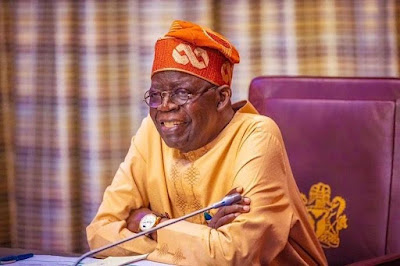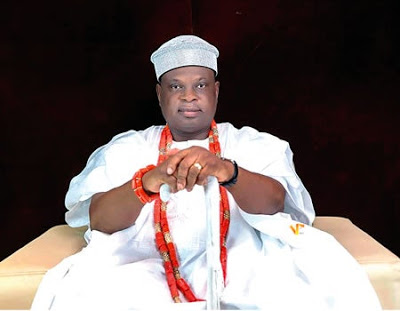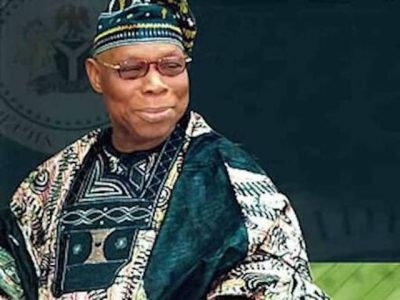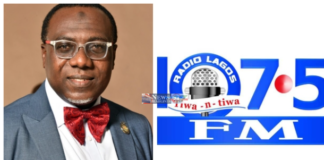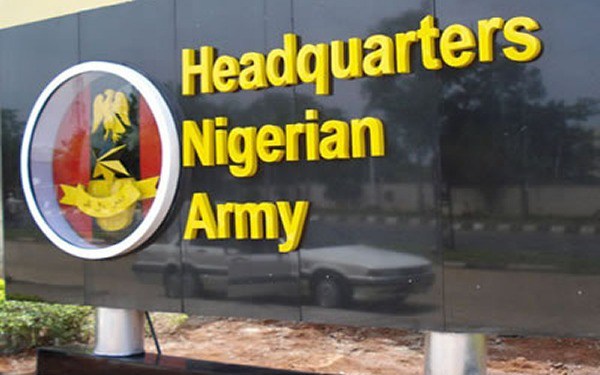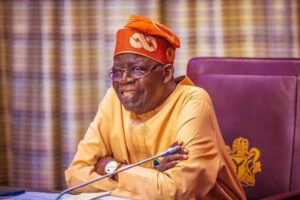
North And Tinubu’s Back-To-Lagos Move | By Farooq Kperogi
When my uncle called me over the weekend, he had no time for the customary conversational courtesies that typically preceded our phone chats. He was agitated and wanted to know straight away why President Bola Ahmed Tinubu wanted to relocate Nigeria’s federal capital back to Lagos.
His questions were pregnant with anger, befuddlement, and a presumption of the truth of his claim. Unfortunately, he is not alone. The notion that Tinubu, the Fourth Republic’s first Lagos State governor and power behind all subsequent governors in the state, wants to strip Abuja of its federal capital status and make Lagos the effective administrative nucleus of Nigeria is gaining wild currency in Muslim northern Nigeria.
The immediate sparks for the “back-to-Lagos” apprehensions in the North are, of course, the decisions of the Central Bank of Nigeria to move some of its departments to Lagos and of the Ministry of Aviation and Aerospace Development’s resolve to relocate the headquarters of the Federal Airport Authority of Nigeria (FAAN) from Abuja to Lagos.
Before the CBN’s policy became public knowledge, a northerner who works at the CBN had confided in me on January 11 that CBN governor Olayemi Cardoso had concluded plans to move the key departments of the Central Bank— or, as he called it, “the entire banking system”— back to Lagos.
The key departments Cardoso wanted to move to Lagos, he said, were the Banking Supervision Department (BSD), the Other Financial Institutions Supervision Department (OFISD), the Consumer Protection Department (CPD), the Payment Systems Management Department (PSMD), and the Financial Policy and Regulations Department (FPRD).
“When you move all these departments and many more to come to Lagos,” he lamented, Abuja would become CBN headquarters in name only. Lagos would essentially return to being the real CBN headquarters. What was even more bothersome, he added, was the fact that “they are using one of us, the Deputy Governor Corporate Services Bala Bello” to emasculate the CBN headquarters in Abuja.
He shared this with me at a time when I was deluged with work and didn’t have the time to independently verify his claims—or to examine the merit of his worries. Two days later, the story appeared on the Abuja-based, digital-native Daily Nigerian, which has been instrumentalized to serve as grist to the conspiracy mills in the North.
This wasn’t helped by the fact that five days after the Daily Nigerian story came out and before the outrage in the North had blown over, FAAN announced the relocation of its headquarters back to Lagos. These twin events conspired to construct a semblance of intentional, Tinubu-backed first steps in an ultimate, long-hatched ditch-Abuja-for-Lagos scheme in the minds of some Northerners.
As I told my uncle, it’s legally impossible in a democratic setting to move Nigeria’s capital from Abuja back to Lagos. There is no provision of the constitution or the Federal Capital Territory Act for an option to change Abuja as the federal capital territory. Unless Nigeria disintegrates, Abuja will be the perpetual federal capital.
So, talk of sneaky designs by Tinubu to return Nigeria’s capital to Lagos is no more than a silly, idle conspiratorial whisper.
To be honest, I’ve tried really hard to inhabit the minds of some of our people who sense an anti-northern animus as the impetus for the relocation of certain core departments of the CBN to Lagos—or for the return of FAAN headquarters to Lagos.
Apart from the unwelcome disruption to family cohesion that the transfer of workers, especially married workers, from Abuja to Lagos would represent, I haven’t seen anything remotely anti-North in the policy.
The CBN has almost zero symbolic, political, cultural, or even economic significance to the North. Plus, Lagos is Nigeria’s de facto commercial capital and the headquarters of most banks. It makes sense that the core operational units of the CBN should be there.
The return of FAAN to Lagos is an even more straightforward case. It was always in Lagos until former Aviation Minister Hadi Sirika moved it to Abuja. There didn’t seem to be any operational reasons to justify the move since Lagos is the nucleus of Nigeria’s aviation.
So, it’s not unreasonable to nurse anxieties about a regional agenda when a Lagos-centric president appoints as Central Bank governor a Lagos native (who was the president’s Economic Planning and Budget commissioner when he was the governor of Lagos State) whose first major priority is to relocate central units of the CBN back to his hometown amid runaway inflation and an inexorably relentless slide in the value of the naira.
It doesn’t matter what the merit of the policy is. People are justified to read meanings into it. Had a president or a CBN governor with a different profile from Tinubu or Cardoso done this, it probably wouldn’t have been amenable to regional weaponization by disgruntled workers.
Second, although Tinubu got most of his votes from the Muslim North, there is a growing, if uninformed, unease in the region that his governance is being guided by a 53-page August 2011 Yoruba regional script. Written by the Afenifere Renewal Group, a breakaway faction of Afenifere that is associated with Tinubu, the document is titled “Development Agenda for Western Nigeria (DAWN)” and advances strategies to fast track the development of Yorubaland. More than 20 Northerners have shared the document with me in the last one week.
However, it appears that Northerners who think the document is some sinister roadmap to dominate and subdue other parts of the country haven’t really read it. It’s actually a forward-looking roadmap to regenerate Yorubaland. I think every region should have a similar blueprint for its uplift.
I searched the document for evidence that the group recommended the stripping of Abuja of substantive power or for the relocation of Nigeria’s capital to Lagos. I found none. The closest thing to this that the document said about Lagos was, “The Southwest states, in particular Lagos should take ownership and lead advocacy and execution of the FSS 2020 objective of Lagos as an International Financial Centre (IFC).” (p. 24). There is nothing ominous about that.
Unfortunately, feelings, not evidence, drive narratives.




